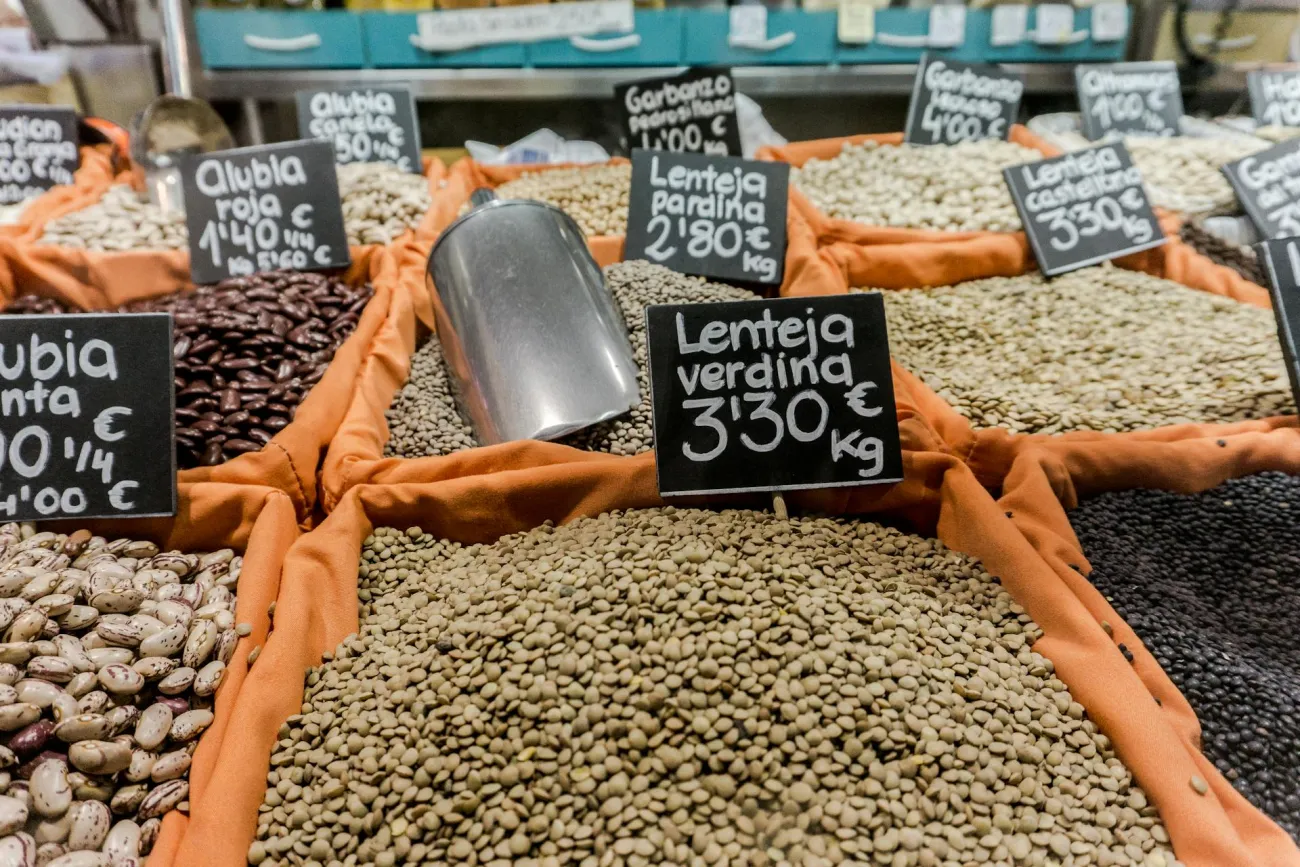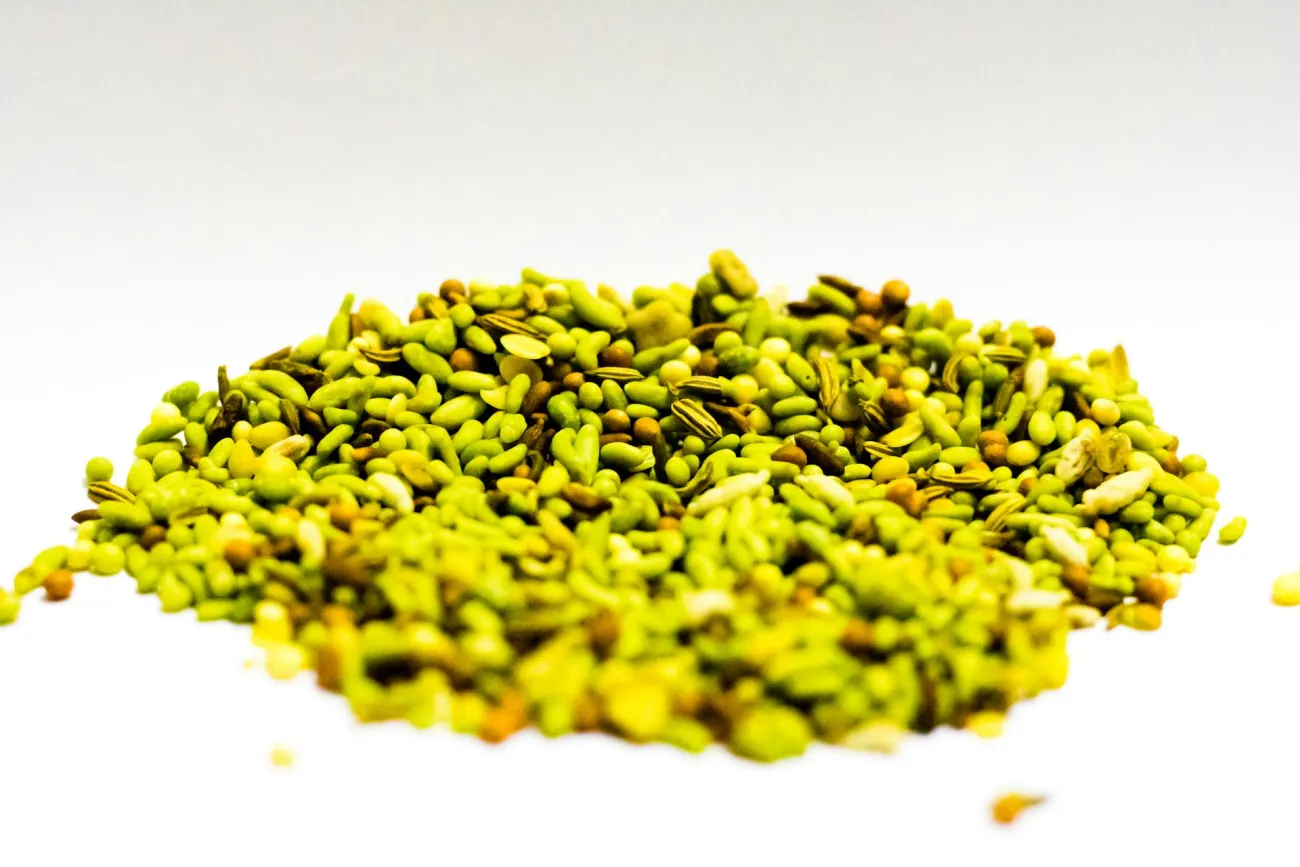There has been much media spotlight on the World Bank’s entry into the meat debate with its new report calling on governments in wealthier countries to shift subsidies from high-emitting red meat and dairy to lower-emitting poultry, vegetables and fruits. POLITICO said the report was bound to make conservatives apoplectic, while Climate Home News analysed why the meat has become a “political hot potato”. TABLE’s explainer, Meat, metrics and mindset, and the podcast Meat: The Four Futures explores the meat debate and why it’s about more than science, it’s about emotions.

Summary
The World Bank’s report Recipe for a Healthy Planet has been covered widely by media outlets, such as POLITICO, Climate Home News, Bloomberg and Euronews. TABLE summarised the report here. The report said governments in wealthier nations should shift public subsidies away from high-emitting red meat and dairy production to low-emitting poultry and vegetables. This could reduce agri-food emissions by 40%.
Euronews analysed the report from a EU perspective, citing a study that showed 80% of the EU’s farming subsidies, the Common Agricultural Policy, has been used to fund livestock farming in the past decade. The article highlighted that reducing meat consumption was central in President of the EU Commission’s, Ursula von der Leyen, flagship “Farm to Fork” strategy, but that over half of these promises were not met.
Climate Home News, meanwhile, said the report had stopped short of telling people what to eat. The article asked experts why meat reductions have become such a fiery issue, despite the scientific consensus that it would have widespread environmental benefits. It highlighted the spread of disinformation by right-wing media like Fox News which (wrongly) said that Biden’s climate goals would limit Americans to one burger per month.
However, experts said the World Bank’s suggestion to ramp up poultry production sends the wrong message, as chicken farms drive the spread of zoonotic diseases and antimicrobial resistance, and their feed is a driver of deforestation. It also showed that the World Bank has made significant investments in the meat and dairy industry.
The article also examined why other international bodies have avoided criticising meat overtly, such as former employees at the FAO who said their employees tried to censor them when they tried to criticise livestock production.
To understand why the debate on meat is about emotions, ethics and culture, and not just science, see TABLE’s podcast and report Meat: The Four Futures.
See the Euronews article here, the POLITICO article here and the Climate Home News piece here.
References
Kortleve, A.J., Mogollón, J.M., Harwatt, H. et al. Over 80% of the European Union’s Common Agricultural Policy supports emissions-intensive animal products. Nat Food 5, 288–292 (2024).




Comments (0)